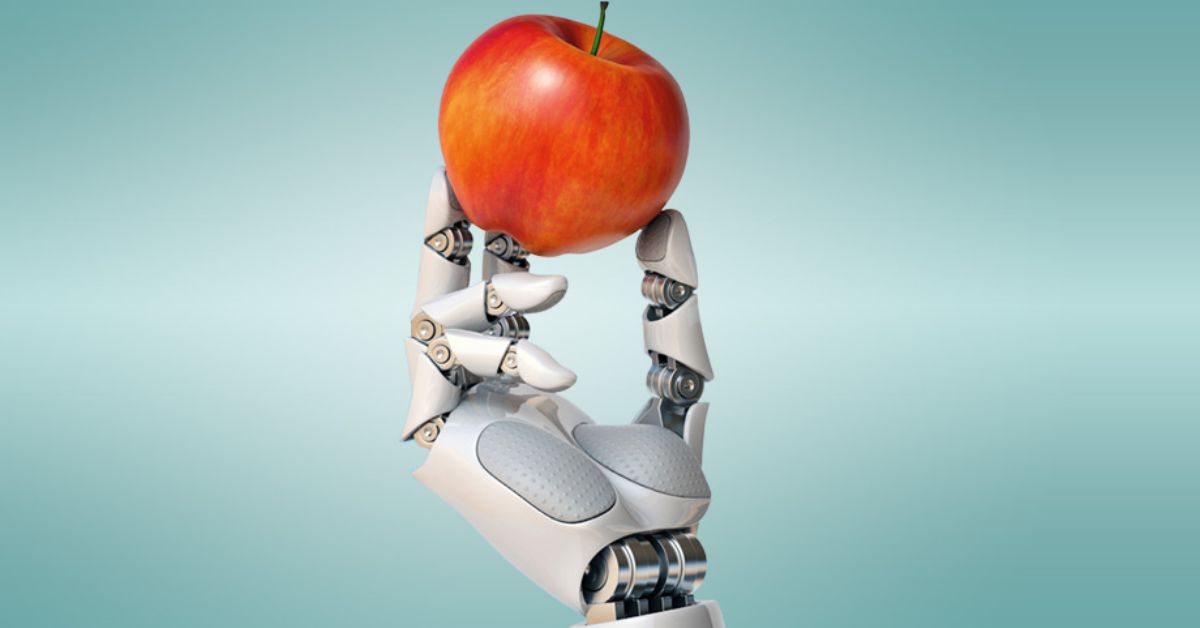
Artificial Intelligence will Empower Patients and Physicians
In the past, the course of a patient’s illness (especially those with terminal diseases) were filled with uncertainty.
Doctors were left to make the best decisions which were often the same for every patient battling a specific illness, even though their course leading up to such were unique.
What if doctors know with 90 percent or more accuracy how effective a particular treatment is on a specific patient cohort?
Would decisions such as calling in family members or treatment options change with such foreknowledge?
As said by Thomas R. Insel, MD, a psychiatrist and neuroscientist, is a co-founder and President of Mindstrong Health:
‘Deep Medicine summarizes hype and threat, then takes us to a place no one had gone.’
This holy grail of healthcare predictive data is now made possible with artificial intelligence (AI). Healthcare quality and patient outcomes stand for drastic improvement once these methods and algorithms are in place and used by physicians to guide care choices.
Take a look at how Rediminds is taking on data in healthcare with our collaborative platform Ground Truth Factory to support the development of AI-enabled surgical safety tools.
AI to Improve and Personalize Healthcare with Big Data
Deep learning, a form of machine learning, is now being applied to electronic healthcare records (EHRs) to personalize medicine and aid in important decisions regarding patient care.
A personalized predictive model (PPM) is created for individual patients by using data from similar patients. In stark contrast to global models, which were trained on all types of patients.
PPMs are capable of making accurate risk scores by capturing the most pertinent data relating to a patient’s own risk factors.
Studies show promise that predictive models that make use of temporal data derived from EHRs have the potential to improve the doctor’s management of chronic diseases.
According to one of the authors of the study, Personalized Predictive Modeling and Risk Factor Identification Using Patient Similarity:
Cluster analysis of the risk profiles show groups of patients with similar risk factors, differences in the top risk factors for different groups of patients and differences between the individual and global risk factors.
Compared to global models trained on all patients, they have the potential to produce more accurate risk scores and capture more relevant risk factors for individual patients.
Technical challenges in utilizing this data exist and include:
- Irregular sampling of data
- Varying lengths of patient history
How Personalized Predictive Models Change the Healthcare Landscape
Hospital systems can now take technology to a new place in which lives can be transformed and care outcomes optimized through the use of artificial intelligence (AI) in the form of predictive patient models.
For decades, large amounts of patient data and other healthcare information has been collected using hospital EHR, including:
- Diagnostic information
- Patient lab results
- Past surgical history
- Notes captured by caregivers
- Microbiology
- Chart events (i.e. vital signs, intake and output)
All of this information will be used in building predictive models specific to a certain diagnosis predictive model building.
On an individual level, a patient’s risk factors and complications will be analyzed with this hospital charge information to give clinicians the opportunity to accurately predict medical events, which can hold great potential for the treatment and monitoring of patients, especially those with critical decisions involving end-of-life care.
- Doctors will be able to phone in family members timely for goodbyes or arrangements.
- Fatal outcomes can be thwarted with insightful medical health data driving guidance and decisions.
- Organ rejection can be detected earlier and interventions done to prevent fatal outcomes.
In his new book, Deep Medicine: How Artificial Intelligence Can Make Healthcare Human Again, Dr. Eric Topol reveals how artificial intelligence can be used to restore the human connection between patient and doctor.
He writes: One of the most important potential outgrowths of AI in medicine is the gift of time. It will take many years for all of this to be actualized, but ultimately it should be regarded as the most extensive transformation in the history of medicine.
Take a look at how AI algorithms are saving lives affected by hemodynamic instability.
